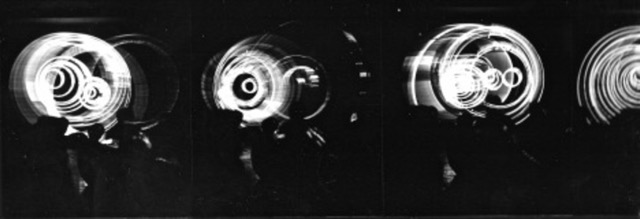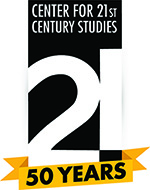
View all plenary talks and the conference wrap-up below:
Are we now in an age of “post-cinema?” Has the massive global wave of digital production, distribution, and exhibition finally eradicated cinema as we’ve known it? Martin Scorsese, Ridley Scott, and Peter Greenaway seem to think so, as well as academics from Paolo Cherchi Usai to Alexander Zahlten.
Whatever the object “cinema” was, it seems to have been summarily executed in the digital era. But whose cinema is ending? If “cinema” implies a universal canon built on default ideologies, has its “death” been a response, in part, to deeper investigations into diversities made possible by increased access to the means of production? Are cinema’s many deaths, then, bound to another kind of end: what we understand to be the goal of cinema, whether political, aesthetic, representational, theoretical, or technological?
Over visual media’s long century, the emergence of new technologies, both filmic and otherwise, have repeatedly elegized cinema’s ruin and celebrated its rejuvenation. The end of cinema, it seems, is fissiparous and cyclical; it has happened, it hasn’t happened, it has happened in fits and starts, and it will happen again. If no one death can be attributed to cinema, perhaps the answer is to consider its multiple endings—and subsequent new beginnings.
As part of the Center’s 50th anniversary year, this conference is also meant to look back to the Center’s beginnings and forward towards its future. From the mid-1970s to the end of the 1980s, the (then) Center for 20th Century Studies staged more than a half-dozen international conferences on the emerging disciplines of film, television, and performance studies. These conferences not only helped define these nascent fields but also established the Center’s reputation as a crucial site for research and teaching in film, media, and feminist theory. In looking backwards and forwards to the Ends of Cinema, C21 hopes both to celebrate the Center’s first half-century and to look ahead to the decades to come.
Confirmed plenary speakers: Caetlin Benson-Allott (Georgetown), James Leo Cahill (Toronto), Francesco Casetti (Yale), Mary Ann Doane (Berkeley), André Gaudreault (Montreal), Michael Gillespie (City College), Jean Ma (Stanford), Amy Villarejo (Cornell).
Image
Black, Electromedia Performance at Black Gate Theatre, New York 1967
© Aldo Tambellini | Photo: Richard Raderman

